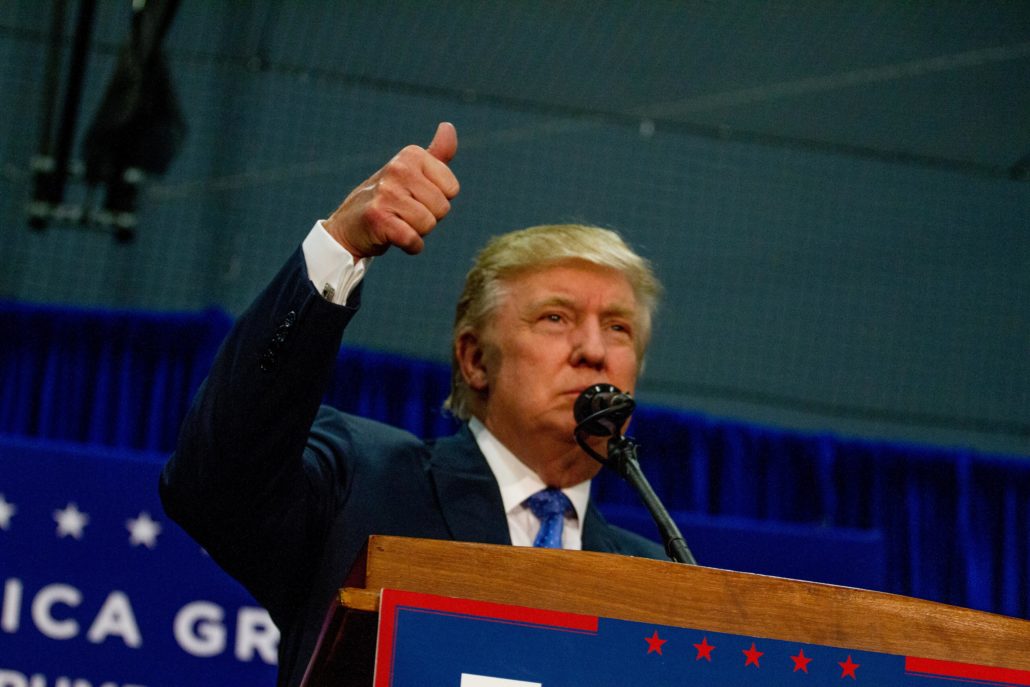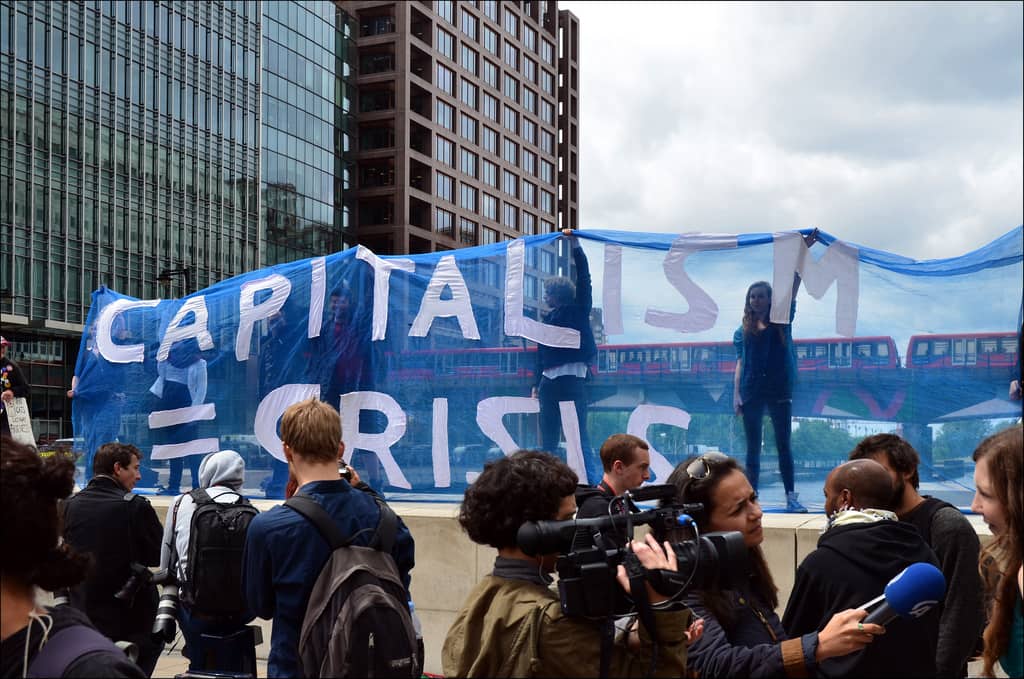Trump Banned Unfriendly News Organisations: Why You Should Not
Trump banned unfriendly news organisations from a White House press conference at the end of last week stepping up the ‘ante’ in the clash between the new President and the Fourth Estate. He has banned The Guardian, New York Times, Politico, CNN, BBC and Buzzfeed; all organisations apparently seen as hostile to the new order.
Trump ban: no surprise
In some ways, it is no surprise. Trump comes from a business background, and business is always much more selective about engagement with the media than politicians or administrations. How this will all play out in American politics is anybody’s guess. We are in unchartered territory.
But it does highlight the issue faced by many companies. Do they risk engaging with the media, knowing there is a possibility they will get unfriendly coverage? Or do they refuse to engage and hope little will be written or read about their company or any issues?
Business is too cautious
My own view is that business is much too cautious and much too controlling when it comes to the media. There are certainly times when it is better not to put your corporate head above the parapet, but in general, the risks of media engagement are well understood and reasonably easily managed. There are, of course, a few exceptions.
But this is why I think business should engage more than they do.
Firstly, there is the obvious reason that editorial coverage is worth a great deal more than advertising. It tends to be read by the right people – your customers and other stakeholders will read stuff that is relevant to them. Despite the fact that fewer people pay for a newspaper these days, the efficiency of search engines and social media sharing means little is missed. Editorial coverage is also seen as more credible than advertising, and there is scope for much more sophisticated communication than in advertising.
Established relationships with journalists are useful
Secondly, it is hugely helpful to an organisation or business to have established relationships with journalists. It means that when they do want to get information ‘out there’ it can be done much more easily. It also gives the press office more options: to pick one journalist over another from a position of real knowledge, offer exclusives etc. Working relationships are essential and understood in other areas of business but undervalued in PR.
Thirdly, it is also hugely helpful to organisations to have trained and experienced spokespeople. This is particularly true if there is likely to be a crisis at some point in the future. You need a handful of people who know the game, have done a few radio and TV interviews and are not going to be phased by the process. As media trainers, we are all too often asked to take people from first steps to ready for Radio 4’s Today programme in one four-hour session. Common sense will tell you that this is not ideal.
The big win: shaping the conversation

George Lakoff has written about how the right-wing in the US has been shaping the public conversation.
Finally, there is a more subtle benefit: engaging with the media provides the opportunity to, over time, shape the conversation. This requires a somewhat sophisticated longer-term media strategy but is something that can really work particularly for innovative industries – FinTech, for example. There is a business benefit to softening up the public or creating expectations. This has been endlessly written about in politics. For example, the hugely readable ‘Don’t think of an elephant’ by George Lakoff. His revised and updated edition demonstrates how the right-wing have played a very long game and a very successful one in shaping the debate in the US. While the democrats have mostly failed to do this. In the UK, think about how Micheal O’Leary at Ryanair has shaped the debate over what we pay for when we buy an airline ticket.
Withdrawal of business from the public debate has been damaging
On this last point, I would like to get on my socio-political soapbox. The withdrawal of business from the public conversation over the last 30 years has been hugely damaging to British society. As a result of the apparent risks of media engagement going up in the mid-eighties and early nineties, more and more companies decided to control all conversations with journalists and in many cases turn down most interview opportunities. I know this happened because I saw it first hand as an output editor on BBC Financial World Tonight. During my time from about 1989 to 1994, it got steadily harder to find business people to talk.
[Although a few businesses did nail their colours to the mast over Scottish Independence and Brexit very few chose to be interviewed. It was deemed that the risks were too high. But my main concern is about more general everyday matters.]
The result of this withdrawal from the public conversations is that huge swathes of the under-25’s now thinking making money is wrong and that anyone making money is damaging the human race. Whilst the reality is, while some businesses can be exploitative – and I know a few – in general business is delivering an extraordinary level of comfort, service, interest and freedom of choice to the population.
So, why are businesses in general so reluctant to talk about their successes in the media? Well occasionally they do, but when you think what a huge role business is playing in the life and development of the country, business is vastly under-represented.
If you would like to get more media coverage for your organisation, we can, of course help by training your spokespeople or helping develop your messages. So do pick up the phone (020 7099 2212). Your country needs you!
Shaping the conversation: further reading
A good introduction to ‘shaping public conversations’ from a poverty action group in the US.
- Why Mick Lynch is Right to be Wary of Pre-recorded Interviews - April 16, 2024
- Takeaways from Netflix Scoop: The Prince Andrew Interview - April 10, 2024
- Kate Shows How to Read Autocue - March 26, 2024







Leave a Reply
Want to join the discussion?Feel free to contribute!